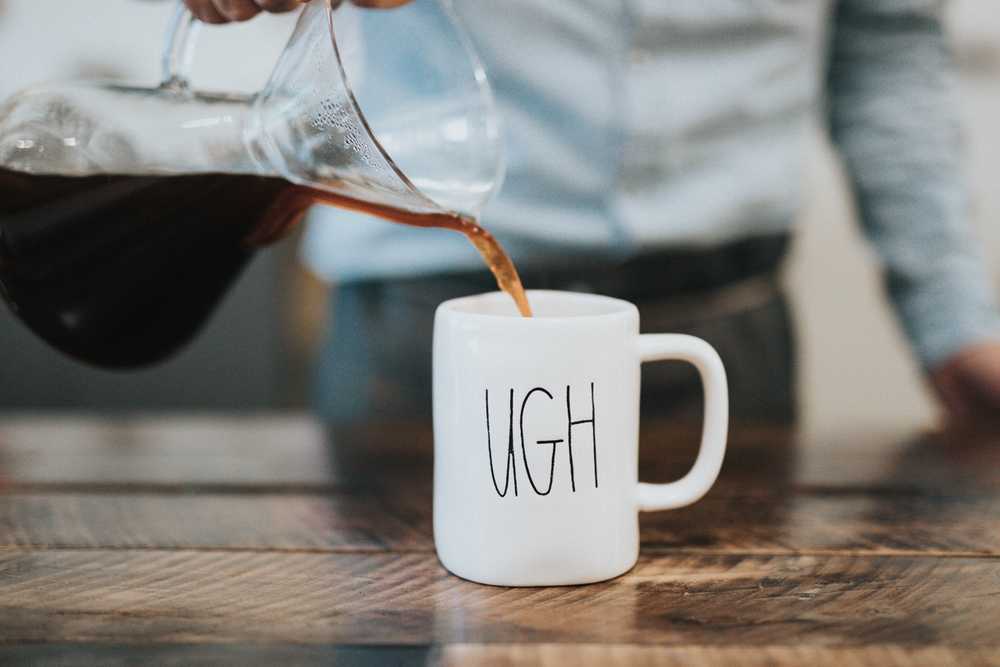Comparing mindfulness and caffeine

I think of mindfulness as a mana bar. You know, like that blue bar that diminishes when you cast a spell in video games?
When I meditate in the morning for the full 20 minutes I set for myself, I step out of the house with a head of light airiness, because my mana bar would be filled up.
If that day was also one where I was disciplined enough to journal my thoughts in my notebook, my steps would be easy and springy, and I’d really enjoy my ride to work. My mindfulness mana bar on such a day would be close to the brim.
Through the day, though, this clarity of mind gradually fades away. It is a palpable change, and it feels as though my mind is slowly withering compared to its glowing state at the beginning of the day. As the day progresses and things happen, I lose mana at a somewhat linear rate. Some days the gradient is steeper than others.
When I down a cup of coffee, I’d suddenly be in a supercharged state. I think of caffeine as a magic potion (sticking with the gaming reference). Once consumed, a temporary bonus bar appears. This bar is really shiny and fancy.
For as long as this bar has juice in it, my mind processes things faster and my limbs and digits are nimbler. But soon enough (about 45 minutes to an hour for me), the effect fades to nothing and I’m back to normal me. The bar vanishes completely.
Where mindfulness differs from caffeine
While caffeination parallels mindfulness in the way they diminish with time, I find two important differences between them:
- Caffeine takes a toll; mindfulness is tax free
- Caffeine tolerance contracts with consumption; mindfulness capacity expands with practice
Mindfulness is tax free
Being in a caffeinated state heightens our senses by expending energy. That’s why we feel tired after the high wears off. With caffeine we are essentially summoning more energy out of our body. And let’s be real - caffeine doesn’t help replenish that used energy afterwards, but instead leaves a small gap that we have to repay with sleep.
On the other hand, being in a state of mindfulness does not take up more energy. We freely inhabit a different plane of consciousness where things around us appear less aggressive, including, for example, the problems we fret over that turn us to the cup (of joe) in the first place.
As we view more things as they really are—inert---we respond to problems rather than react to them. I think we ultimately expend less energy in the day (ever noticed how slowly people who are mindful move and talk?). With mindfulness, there is no duty to be paid to the body.
Mindfulness capacity expands with practice
Aside from being tax-free, mindfulness is like a seed in the soil that grows in capacity. Over time with practice, we get better at maintaining a state of mindfulness. The mana bar extends in length and also diminishes at a slower rate.
Compared to mindfulness, caffeination looks like a virus. As a stimulus, our body learns to adapt to caffeine. Its effect therefore starts to diminish more quickly as we consume more of it. Our tolerance increases, and we need more to sustain the same heightened state. The bar shortens and drains faster.
